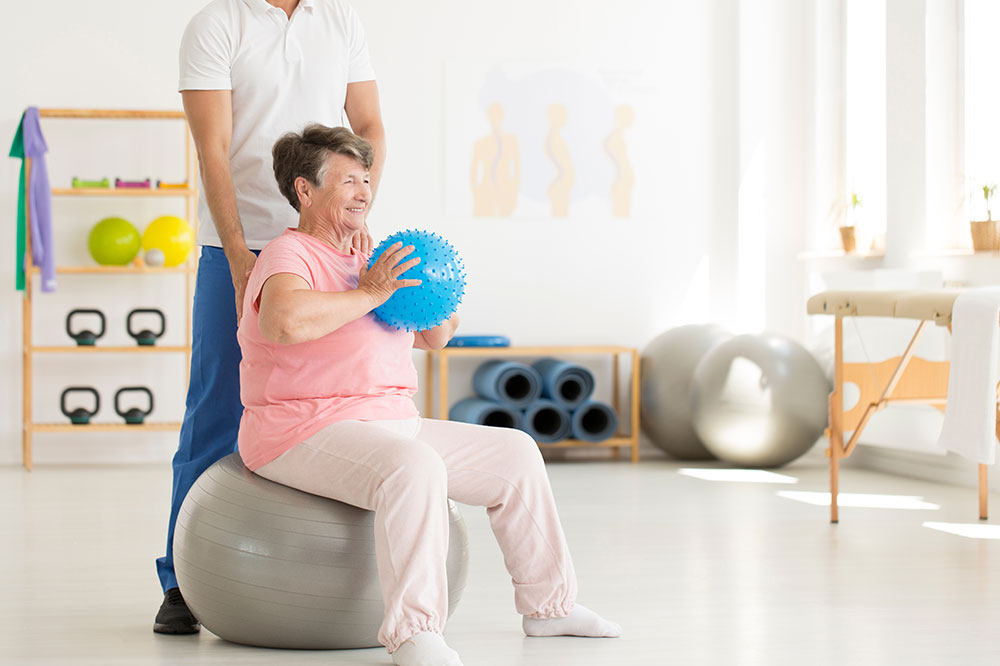Effective Strategies for Managing Parkinson's Disease
Learn about effective strategies for managing Parkinson's disease through medication, diet, and lifestyle changes. Discover treatment options like levodopa-based drugs, dietary tips to reduce oxidative stress, and physical activities to improve quality of life. Consult healthcare providers for personalized care plans to better cope with the disease's symptoms.

Parkinson's disease (PD) affects around one million individuals nationwide, with about 60,000 new cases annually. This neurodegenerative disorder progressively impairs the nervous system, causing symptoms such as tremors, muscle rigidity, and balance issues. While there's no cure, symptoms can be managed through various approaches. Explore treatment options, dietary recommendations, and lifestyle adjustments to better handle Parkinson's disease.
Medical Treatments
Common therapies involve medications like levodopa combined with carbidopa, including drugs such as ONGENTYS®, RYTARY®, and opicapone. ONGENTYS® is specifically designed for patients experiencing 'OFF' periods, while RYTARY® provides a sustained release of medication, maintaining stable levodopa blood levels. Opicapone enhances medication effectiveness by inhibiting enzymes that break down levodopa, supporting better brain function.
Nutritional Advice
Incorporating antioxidant-rich foods like walnuts, blackberries, cranberries, tomatoes, and peppers can help reduce oxidative stress, potentially alleviating symptoms. Omega-3-rich foods such as soybeans, flaxseeds, kidney beans, and oysters may boost cognitive health. Conversely, processed, fried foods, and canned meats high in salt and nitrites should be limited, as these compounds harm brain health. Dairy products like milk, cheese, and yogurt might also negatively influence oxidative processes in the brain.
Healthy Lifestyle Practices
Adopting lifestyle habits can significantly improve quality of life. Staying well-hydrated by drinking six to eight glasses of water daily, getting adequate sunlight for vitamin D, and engaging in physical activities like yoga, Pilates, or regular exercise strengthen muscles and enhance flexibility. Sufficient sleep—aiming for eight hours—facilitates recovery and symptom management.
Important Reminder: The information provided is for educational purposes only. Consult healthcare professionals for personalized medical advice. Do not substitute this guidance for professional diagnosis or treatment.










